Jury & Management

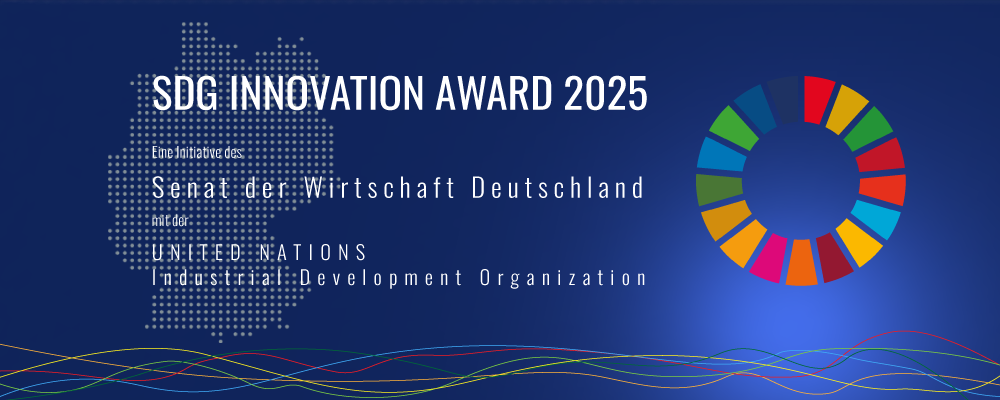
Jury & Management
Jury
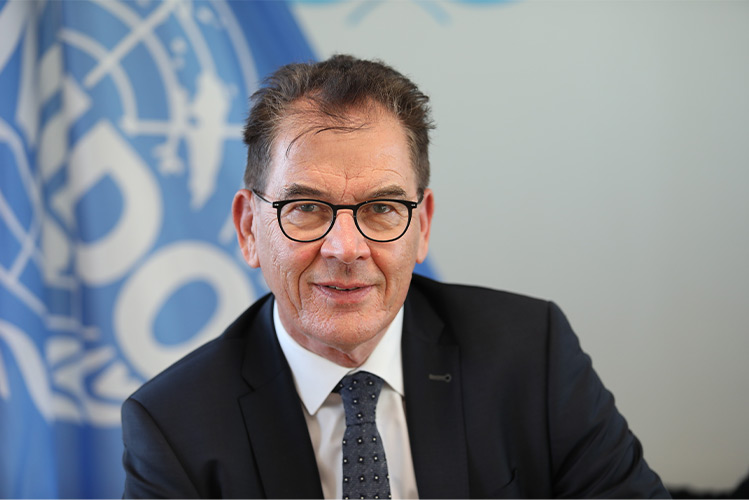
Dr. Gerd Müller
Director General, United Nations Industrial Development Organization (UNIDO) and former Federal Minister
(Observer)
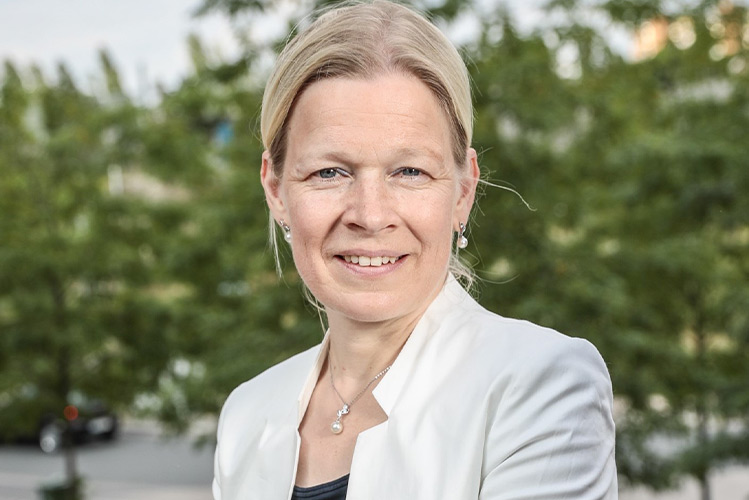
Prof. Dr. Estelle Herlyn
Professor of general business administration with a focus on procurement and sustainability (FOM Hochschule Düsseldorf) and Ökologia 2022 - ambassador for ecology
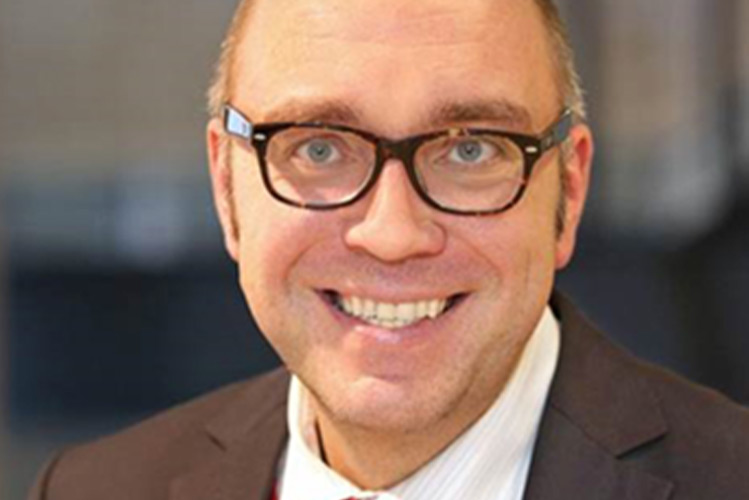
Prof. Dr. Thomas Heupel
Professor of general business administration, in particular accounting and controlling as well as corporate management in medium-sized companies and the automotive industry
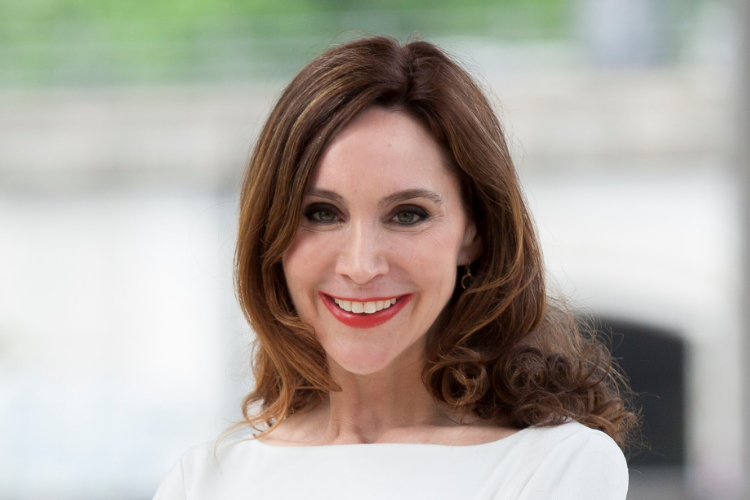
Prof. Dr. Anabel Ternès von Hattburg
Professor and Managing Director of
Institute for Sustainability Management
SRH Berlin University of Applied Sciences
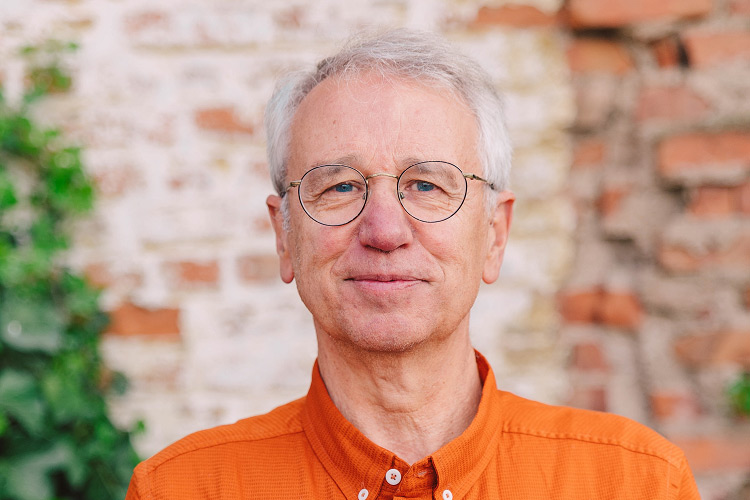
Dieter Overath
Former CEO of Fairtrade Deutschland e.V.
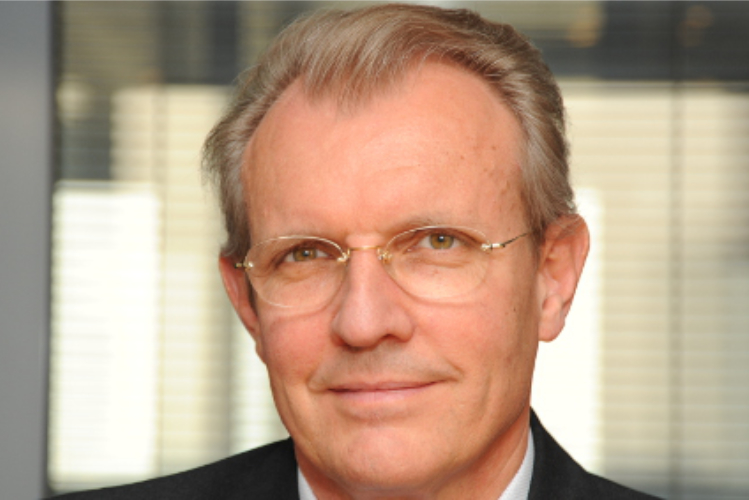
Max W. Römer
Chairman Quadriga Capital Eigenkapitalberatung GmbH
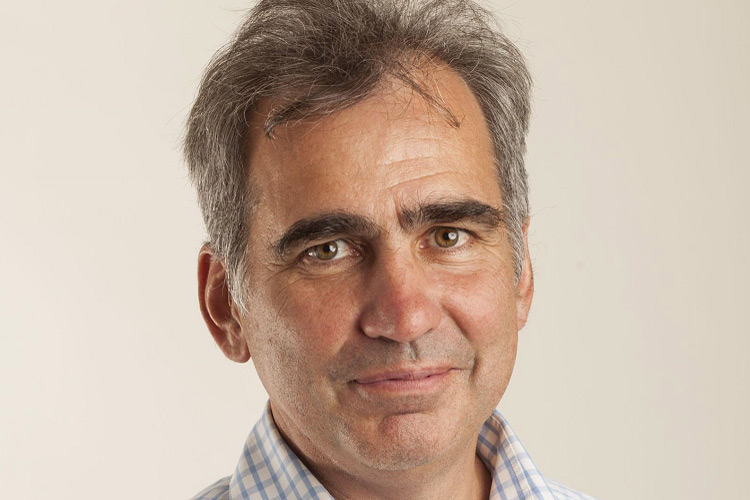
Frithjof Finkbeiner
Chairman of the board of the Desertec Foundation, co-founder of the Global Marshall Plan Foundation and the Plant-for-the-Planet Foundation
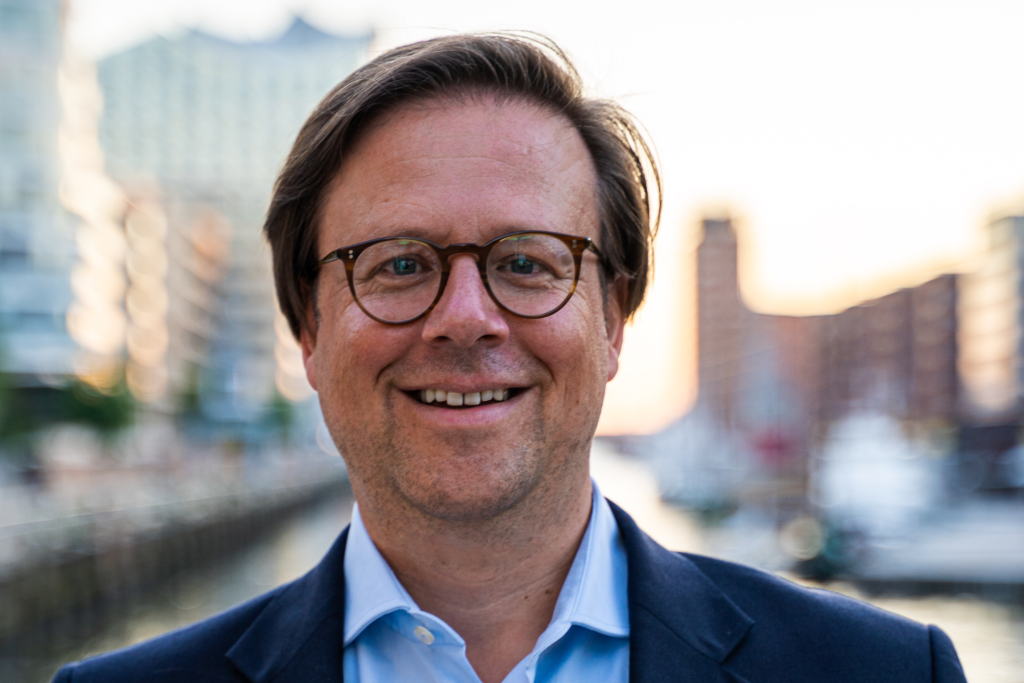
Prof. Dr. Henrik Mueller
Professor of corporate communications and business ethics
Hochschule Fresenius Hamburg
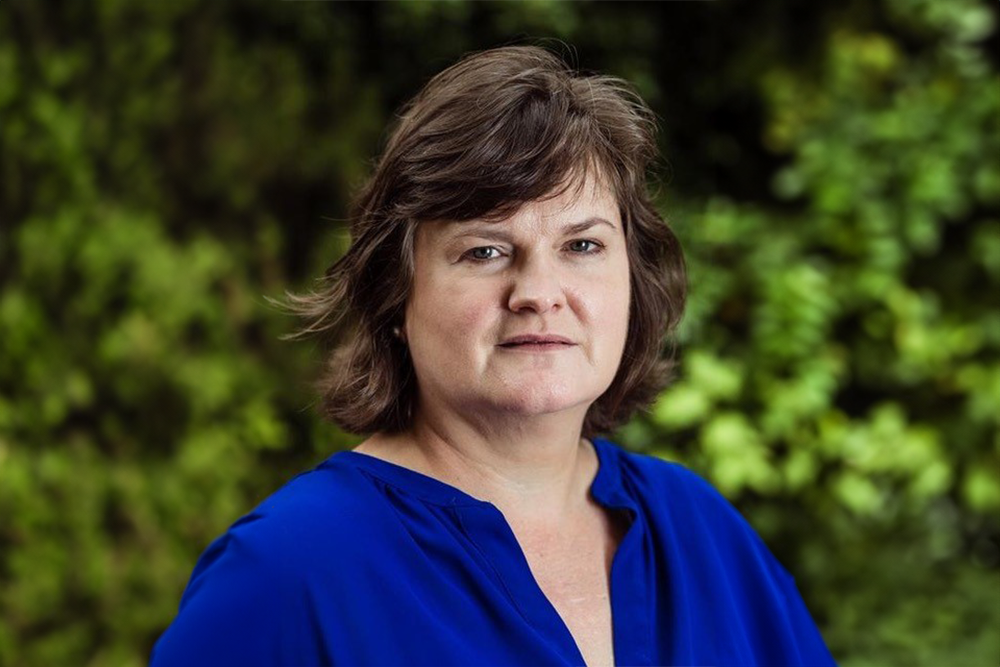
Maryke van Staden
Director of ICLEI's carbonn Climate Center
ICLEI – Local Governments for Sustainability eV,
ICLEI World Secretariat
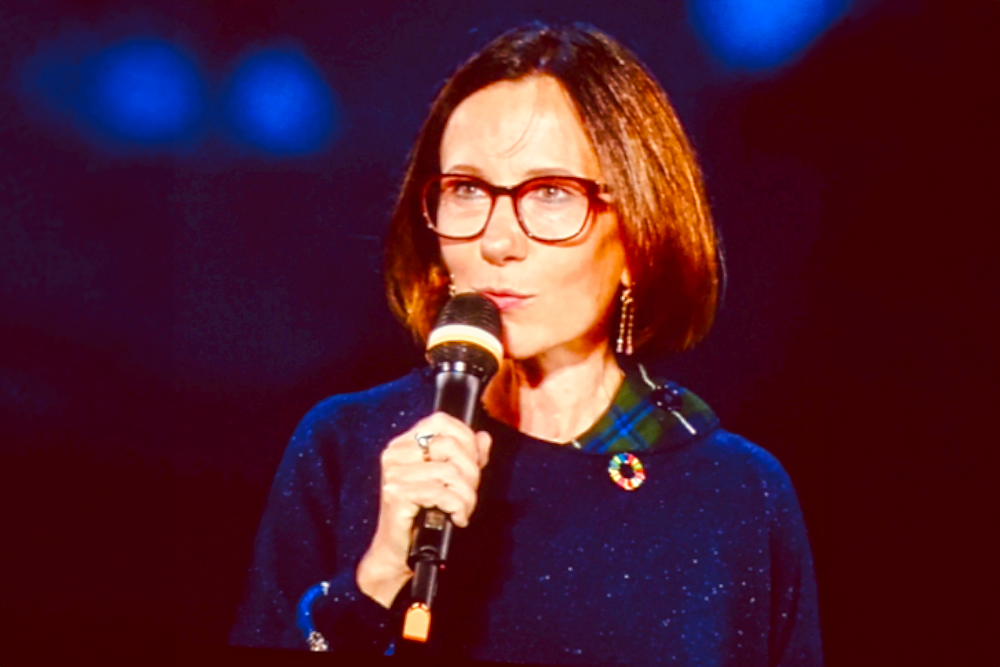
Marina Ponti
Director UN SDG Action Campaign
Our jury introduces itself
Dr. Gerd Müller is the Director General of the United Nations Industrial Development Organization (UNIDO) and former Federal Minister. He has outstanding expertise in climate change, the environment, sustainability, and development policy. In his office as Federal Minister for Economic Cooperation and Development, he campaigned in particular for the Supply Chain Act and more responsibility within politics. His tenure as Federal Minister is closely linked to the signing of the SDGs.
What defines the SDGs?
The SDG Agenda is a central part of the global framework for preserving our livelihoods. They show us the way to a world without hunger, with access to health care, quality education, and clean water - for all. The global challenges can only be tackled through global cooperation with global responsibility. With the SDGs, the international community has given itself a pact for a better future. These are ambitious goals, but they are achievable. They demand solidarity and the spirit of innovation from all of us.
Why do we need the SDG Innovation Award?
In recent years we have seen many setbacks in achieving the Goals, not only as a result of the COVID pandemic but also due to a lack of commitment to international development and economic cooperation. The engine is stalling, necessitating a fresh start. A clear signal must be conveyed to political leaders, businesses, and society. The SDG Prize will honor those who dare to do something new - acting as a beacon for the private sector, motivate companies, and serve as a role model for similar projects in the world.
Prof. Dr. Estelle Herlyn is the scientific director of the Competence Center for Sustainable Development at the FOM University of Economics and Management and is a professor of general business administration focusing on procurement and sustainability at the FOM in Düsseldorf. Her main topics include sustainability from a global perspective and corporate responsibility for sustainable development. In recent years, she has worked on various projects with the Federal Ministry for Economic Cooperation and Development and, together with the BMZ, initiated the multi-stakeholder partnership Alliance for Development and Climate.
In addition, Prof. Dr. Estelle Herlyn was appointed Ökologia – Ambassador of Ecology 2022 by the Foundation for Ecology and Democracy e.V. this year.
Why are the SDGs important?
The SDGs are the global frame of reference for sustainability. They illustrate the entire complexity of the topic and make it very clear that it is about much more than environmental and climate protection. They reflect the history of sustainability that began 50 years ago with Indira Gandhi.
Why do we need the German SDG Award?
On the one hand, the German SDG Award is intended to help make the 17 sustainability goals better known. There is still a large deficit here, not only in the economy. It's also a great opportunity to stage projects that really make an impact, which is something we so desperately need on a much larger scale than before.
Dieter Overath is the founder of Fairtrade Deutschland e.V. and former Chairman of Fairtrade Germany for 30 years. He is also a co-founder and board member of the Fairtrade Movement International. Fairtrade is committed to making a significant contribution to development and improving the lives of the people and families involved in production within growing countries. Fairtrade has set itself the task of promoting fairer conditions in world trade.
Why are the SDGs important? What characterizes them?
Without social justice in global trade, poverty reduction and opportunities for climate adaptation in the Global South will be difficult.
Why do we need the SDG Innovation Award?
More fairness and climate compatibility in business and consumption is a demand of the next generation - no matter where they live. This is the benchmark for fulfilling the SDGs and for the SDG Award.
Prof. Dr. Anabel Ternès von Hattburg is a futurologist, keynote speaker, author, founder of sustainable startups, and Managing Director of the SRH Institute for Sustainable Management. As LinkedIn Top Voice Sustainability, President of the Club of Budapest Germany, Advisor to the Plant for the Planet Foundation, and member of the UN Ocean Decade, she is committed to sustainability in all areas. With GetYourWings, the learning space for future designers, she is developing formats for teaching digital and sustainable skills, including the multi-award-winning online learning game CODE AND SAFE THE PLANET.
Why are the SDGs important? What characterizes them?
The SDGs represent a collective commitment to shape a more inclusive and sustainable world. The shared commitment to these goals creates a strong global community capable of tackling challenges such as poverty, inequality, and environmental degradation. Collective action in the sense of the SDGs connects people, nations, and organizations across borders. Working together aims to ensure a better future for the next generations and leave a better world behind.
Why do we need an SDG Innovation Award?
The presentation of the SDG award emphasizes the collective efforts for sustainable development. It recognizes people, organizations, and initiatives working together to achieve the SDGs, thereby empowering a broader movement for positive change. The SDG Award creates a platform for presenting best practices and innovative approaches to sustainable development, which promotes awareness, and increases pressure on governments and companies to recognize and implement their responsibility for the SDGs.
Prof. Dr. Henrik Müller is Professor of Corporate Communications and Business Ethics at the Fresenius University of Applied Sciences in Hamburg. He studied classical philology and history in Göttingen and Jena as well as classics in Oxford and, after completing his doctorate, began his professional career at the Bertelsmann Foundation in 2000. Hendrik Müller then moved to Oxford University as a lecturer in 2004, followed by positions at the FWF Science Fund in Vienna and at Bertelsmann in knowledge and education. Since 2017, he has been a business ethics and corporate communications professor at the Fresenius University of Applied Sciences in Hamburg.
Why are the SDGs important? What characterizes them?
The SDGs are an integral part of the 2030 Agenda, within the framework of which the global community has defined central economic, ecological, and social goals for a sustainable future for our planet. They address all social actors equally and can only be implemented together and in global interaction.
Why do we need the SDG Innovation award?
Globally, we are not yet ready to meet the goals set for 2030. It is crucial to use the SDG Award to showcase best practices, promote innovative approaches, and encourage imitation in our country.
Video messages from our jury
Management
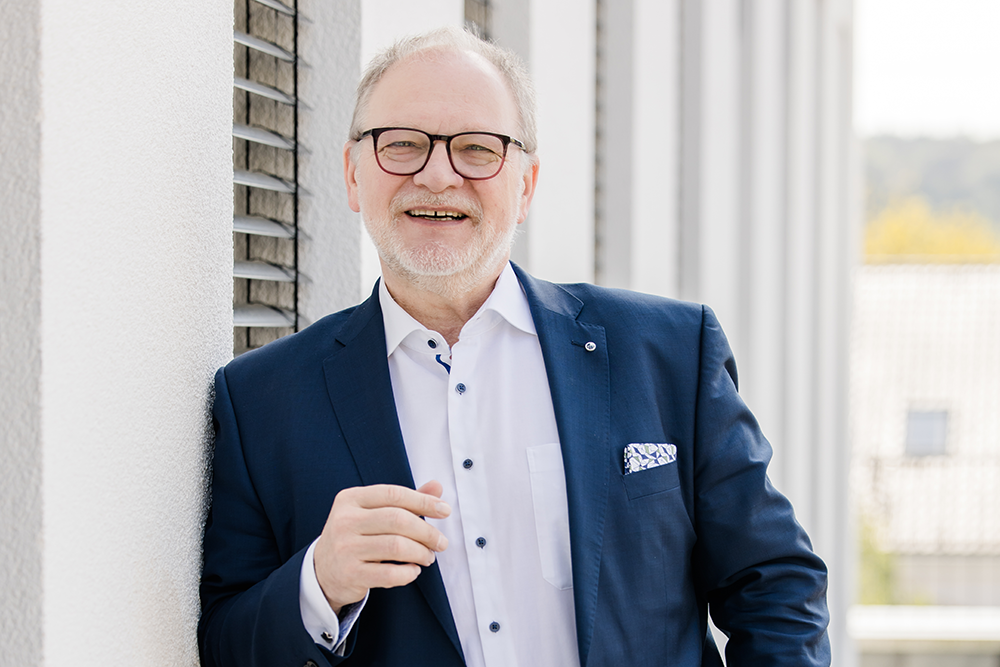
Dr. Christoph Brüssel
board of directors
Senat der Wirtschaft
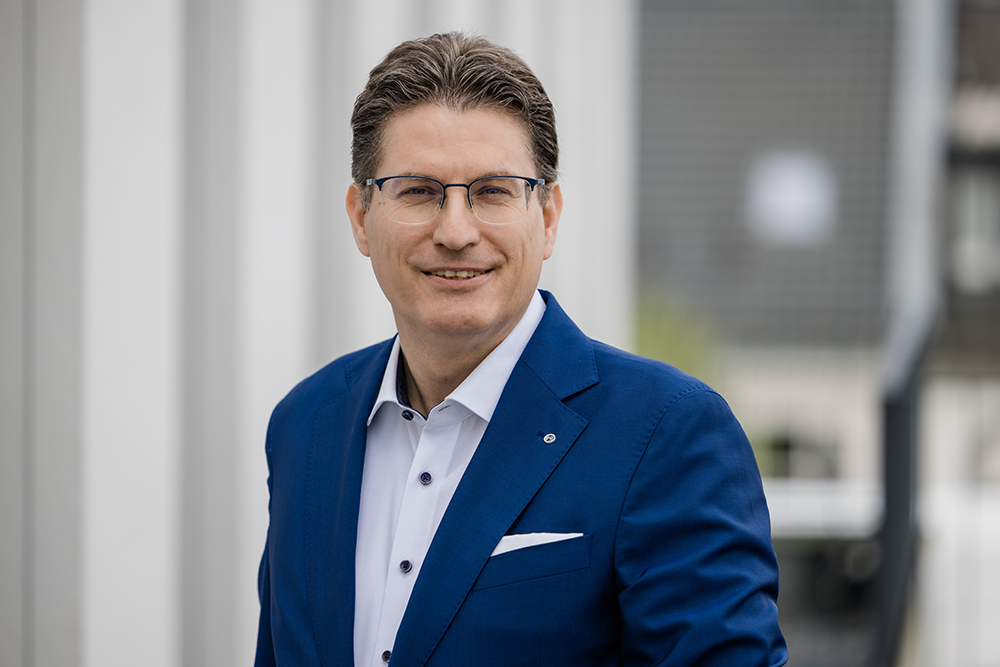
Norbert Streveld
CEO
Senat der Wirtschaft
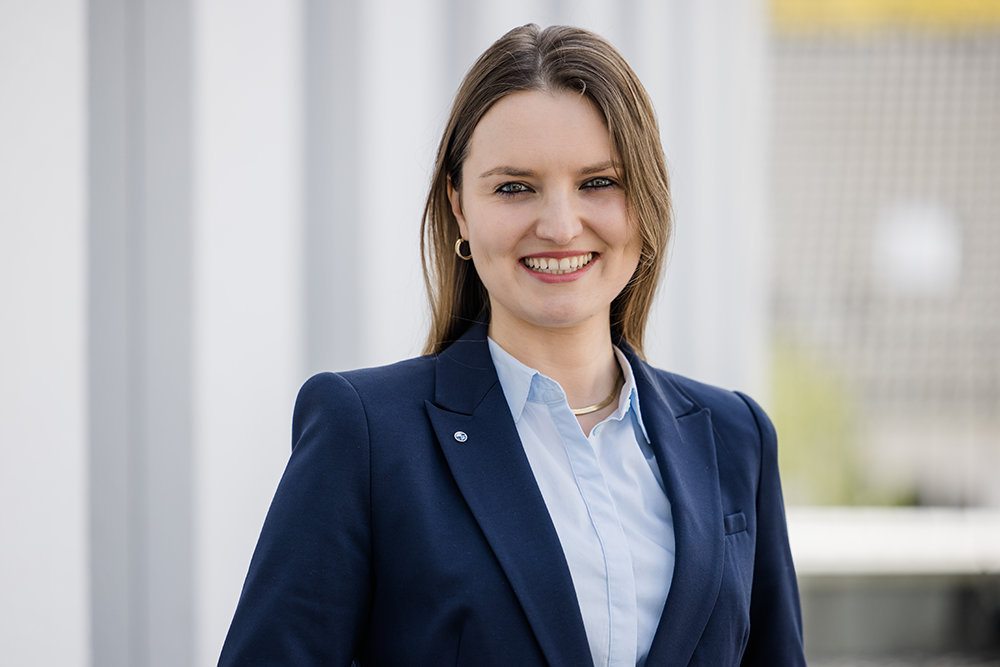
Svenja Reimer
Scientific project management
Sustainable business management
